- ABOUT HKIHSSABOUT HKIHSS
- PEOPLE
- NEWS & EVENTSNEWS & EVENTS
- RESEARCHRESEARCH
- FELLOWSHIPS & GRANTSFELLOWSHIPS & GRANTS
- TEACHING
- PUBLICATIONSPUBLICATIONS
DATE: December 10, 2018
TIME: 4:30 pm – 6:00 pm(UTC+08:00)
VENUE:Lecture Hall, G/F, May Hall, The University of Hong Kong
SPEAKER: Professor Gabriela Soto Laveaga
ABSTRACT: While we often speak about scientific innovation in the so-called global periphery, what exactly does that look like in Latin America, specifically in Mexico? In this talk I examine case studies that allow us to rethink the role that Mexico has played in redefining history of science and medicine. The focus on Mexico challenges us to ponder why narratives of innovation are not often attached to this space. In general this talk will examine how historical narratives often exclude, downplay, or shift the focus away from this region’s global contributions. Specifically it will examine three examples — health, hunger, and hormones — and explore Mexico’s global impact in each area. For instance, the Green Revolution was launched using hybrid seeds developed in northern Mexico under the auspices of the Rockefeller Foundation and the Mexican government; in the 1950s Mexico was the globe’s leading producer of synthetic steroid hormones and, finally, in the late twentieth century Mexico created a healthcare model that was later exported to several nations. Each case will be examined as a critical lens to explain how we tell stories in the history of science.
DATE: December 10, 2018
TIME: 4:30 pm – 6:00 pm(UTC+08:00)
VENUE:Lecture Hall, G/F, May Hall, The University of Hong Kong
SPEAKER: Professor Gabriela Soto Laveaga
ABSTRACT: While we often speak about scientific innovation in the so-called global periphery, what exactly does that look like in Latin America, specifically in Mexico? In this talk I examine case studies that allow us to rethink the role that Mexico has played in redefining history of science and medicine. The focus on Mexico challenges us to ponder why narratives of innovation are not often attached to this space. In general this talk will examine how historical narratives often exclude, downplay, or shift the focus away from this region’s global contributions. Specifically it will examine three examples — health, hunger, and hormones — and explore Mexico’s global impact in each area. For instance, the Green Revolution was launched using hybrid seeds developed in northern Mexico under the auspices of the Rockefeller Foundation and the Mexican government; in the 1950s Mexico was the globe’s leading producer of synthetic steroid hormones and, finally, in the late twentieth century Mexico created a healthcare model that was later exported to several nations. Each case will be examined as a critical lens to explain how we tell stories in the history of science.
Title:
Hormones, Hospitals, and the Green Revolution: Thinking about Scientific Innovation and Health Care Models Using Mexico as the Pivot
Speaker:
Professor Gabriela Soto Laveaga (Professor of the History of Science, Harvard University)
Date:
December 10, 2018
Time:
4:30 pm – 6:00 pm
Venue:
Lecture Hall, G/F, May Hall, The University of Hong Kong (Map)
Language:
English
Enquiry:
(Tel) (852) 3917-5007
(Email) mmea@hku.hk
This is an event organized by the CRF Project “Making Modernity in East Asia: Technologies of Everyday Life, 19th – 21st Centuries” (RGC CRF HKU C7011-16G).
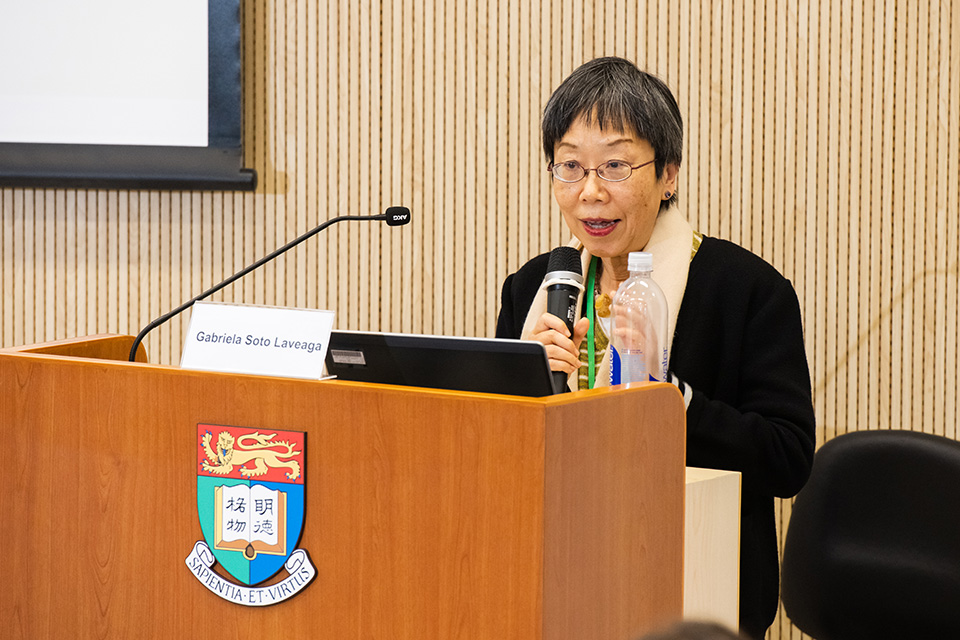
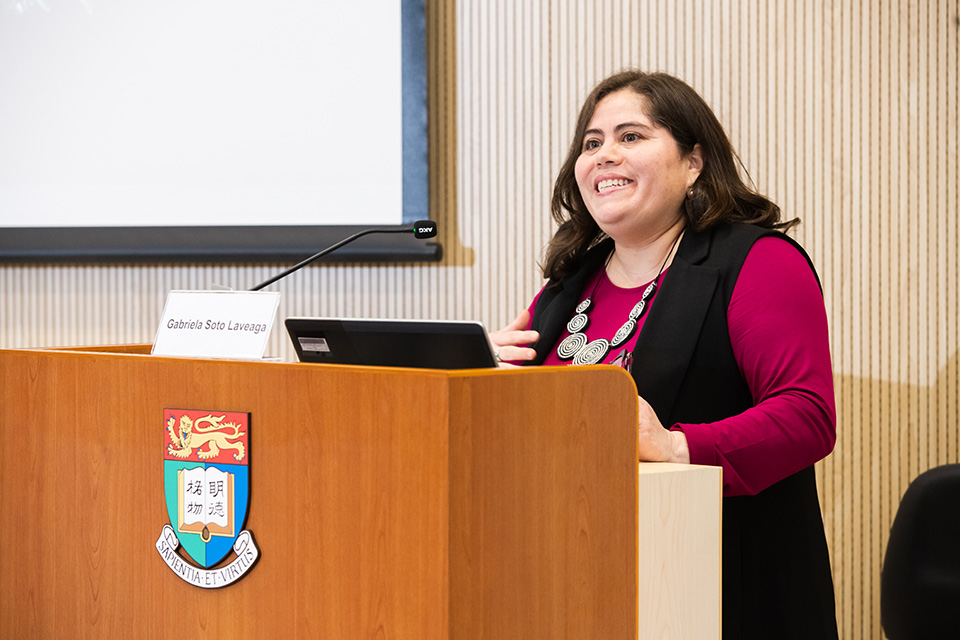
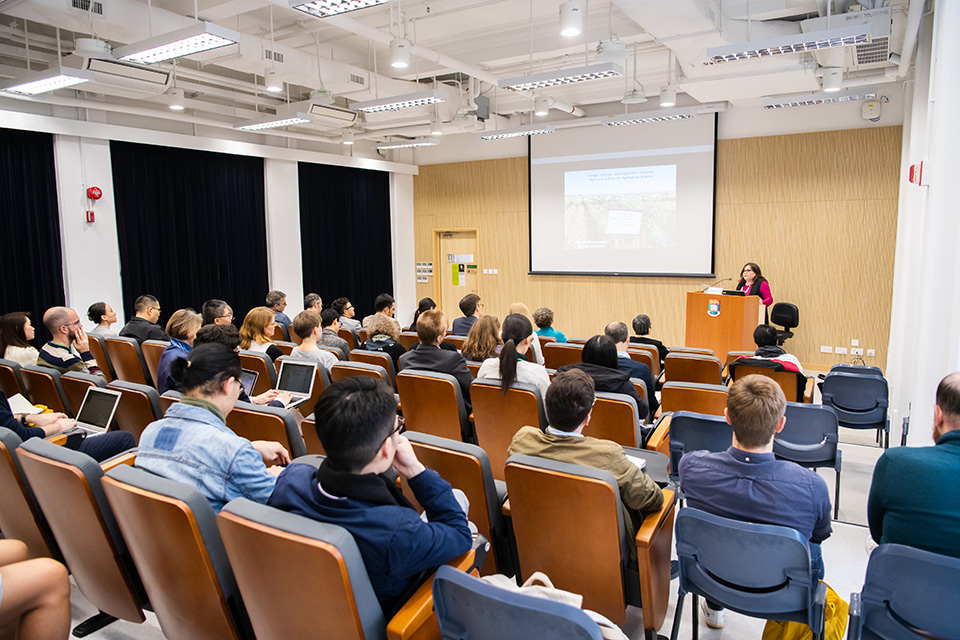
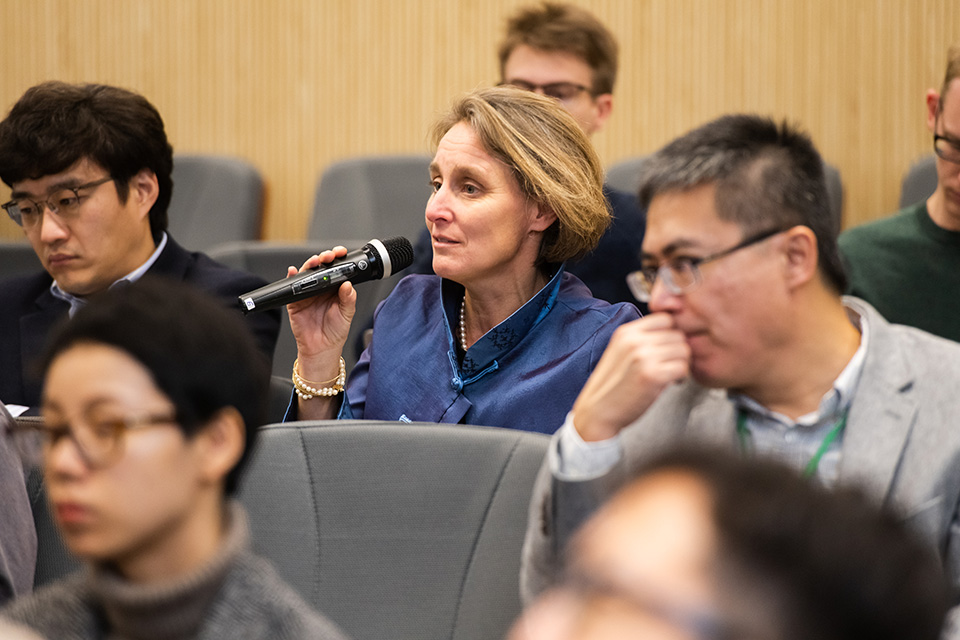
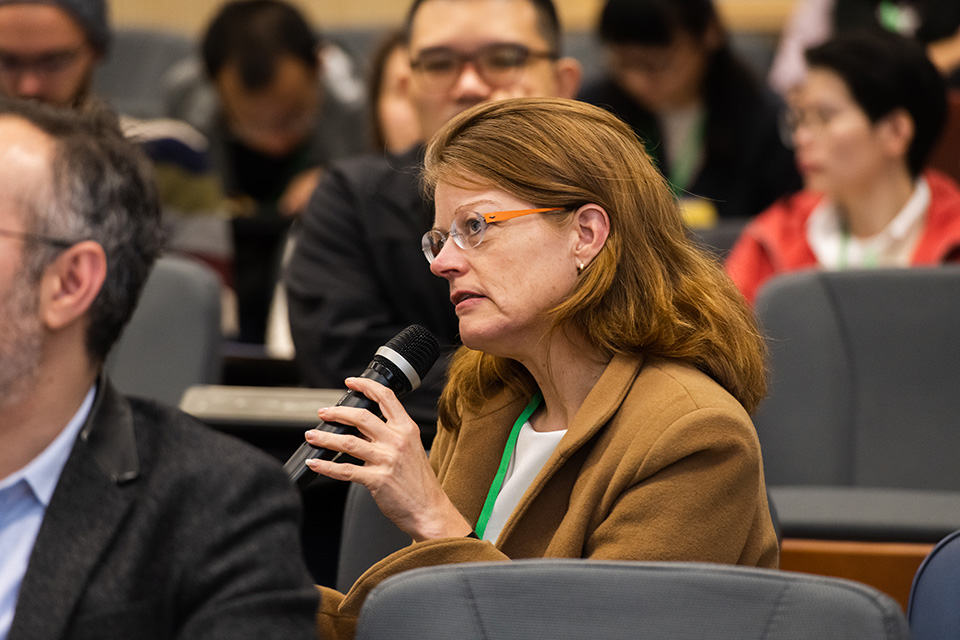
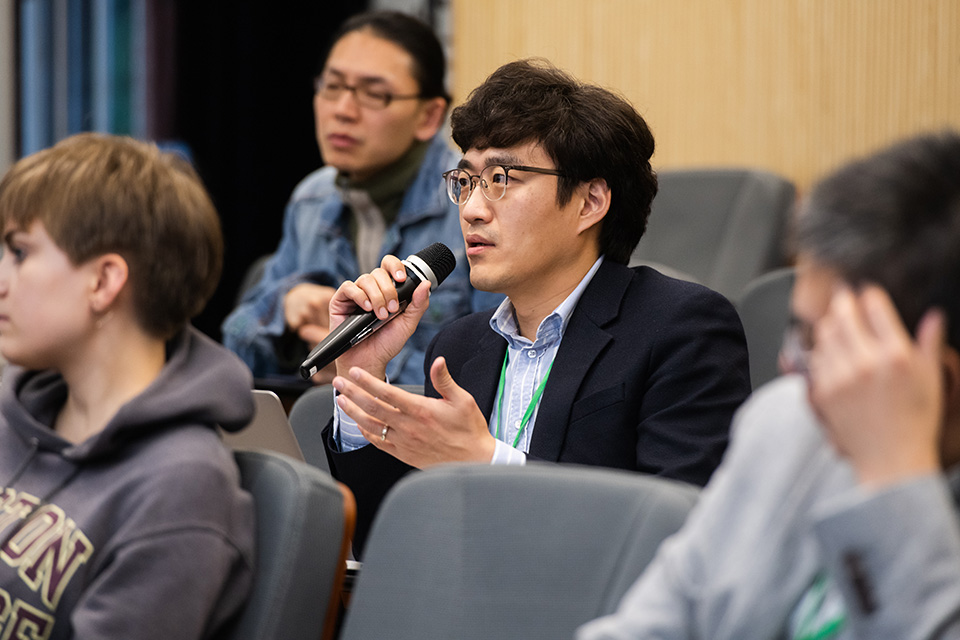
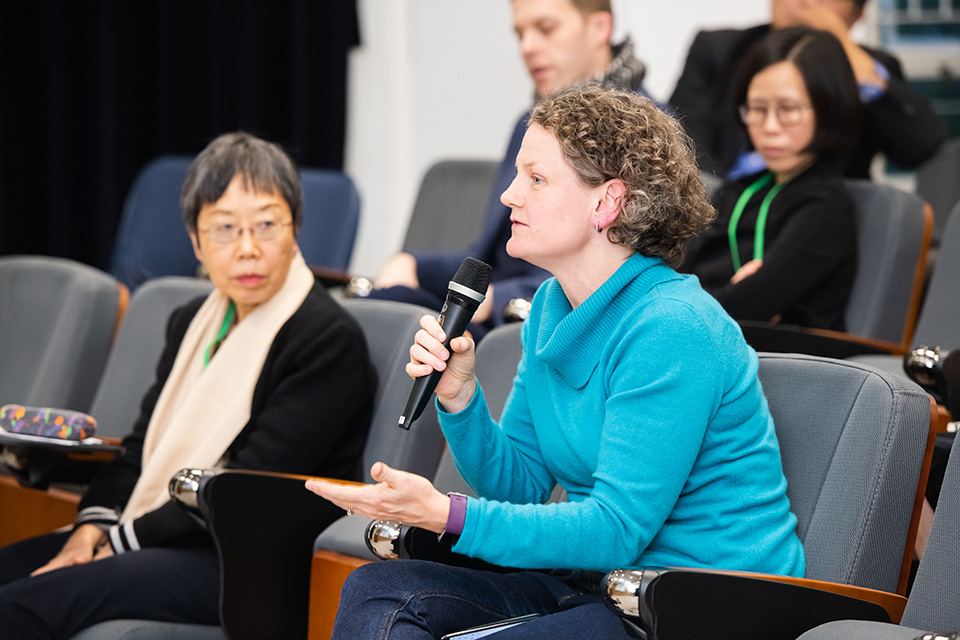
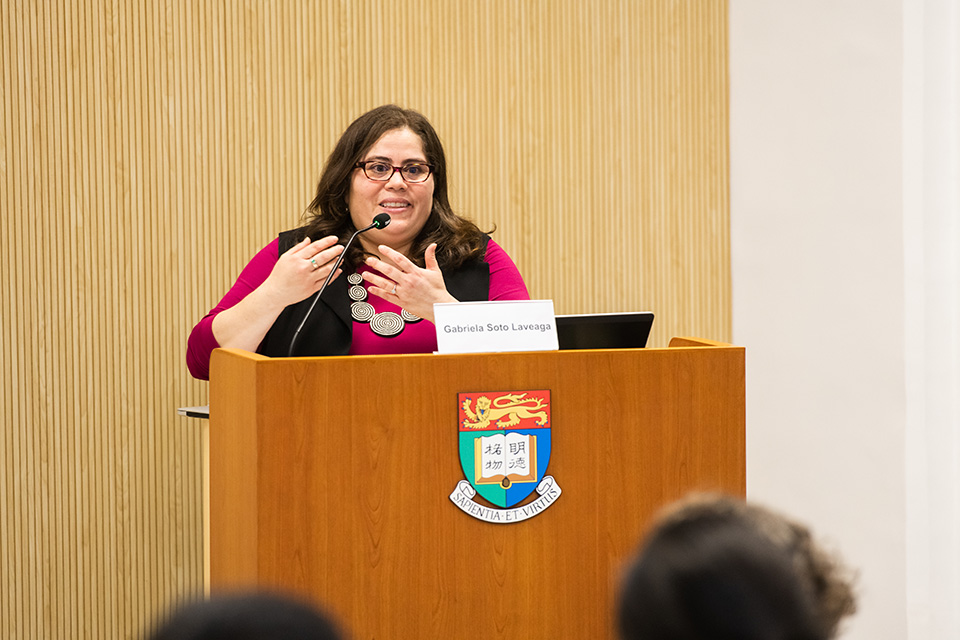
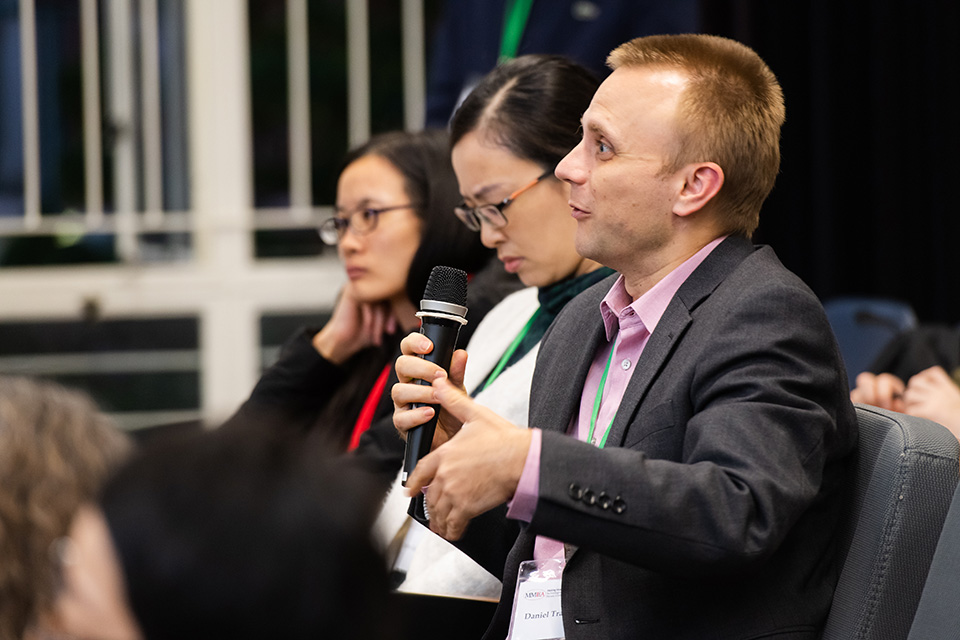
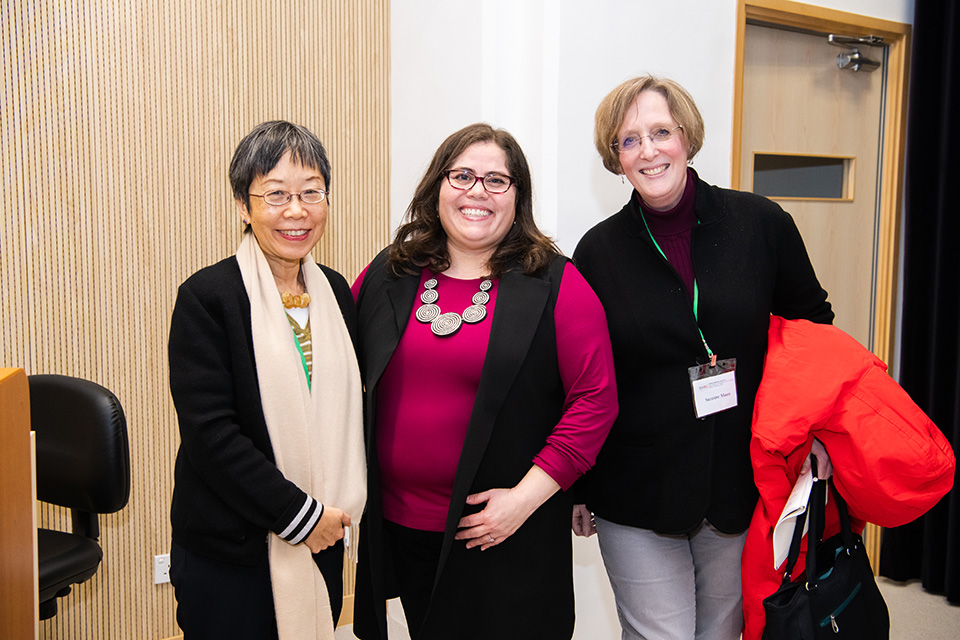
Copyright © 2023 Hong Kong Institute for the Humanities and Social Sciences, The University of Hong Kong. All Rights Reserved.